GLACIER
In my chest is a glacier melting.
Yes I have a little sadness
I have no use for.
I will give it to my friend Bill
who likes those kinds of things,
who will make of it
a house.
Bill is a poet, a tinker, always nailing, pacing,
taking cogs out
so the machinery of even a sunny morning
becomes broken
all over the garden
as if the cat had got to it
and wouldn’t kill it
and wouldn’t,
batting the morning around
until finally the steps
are strewn with the tattered, gutted thing:
clouds, the heads of daffodils,
the little heart of a dormouse.
THE BLUEBIRD IS A MACHINE
Bluebird peels himself from the windowpane, dusts himself off. He looks around. His dumb
brothers are preening in the fountain. Ruffling drunkenly. Splish splash.
Listen, bluebird says. I am telling you something important.
No one turns around.
The sky is made of glass. Everywhere there are barriers erected. I wish to fly this way and that into
living rooms made of light, he says. Into televisions. The people there are the same size as bluebirds.
The bluebird imagines a world without windows. He wants to triumph over glass. The things he
would do! He wants to try the car. He wants to try the microwave. He wants to perch on the well-
dressed mannequin in the quiet of the department store at night. He wants to nestle in its furs.
Bluebird is tired of dressing the air, garlanding the clouds with his dips and climbs and ceaseless
swooping. He wants to be held inside glass. To be encased. He wants to be displayed as true art, not
just a flourish in God’s big sky.
Sometimes he thinks he wants to be made into a hat.
He knows this is ridiculous.
He would make such a tiny hat.
But not as tiny as the hats his brothers wear. Their hats are made of spiders. Laughing spiders. Joyful
spiders. Spiders making contributions to beauty. Spiders with jobs. The bluebird does not find
himself beautiful, because to be beautiful, it is his belief, one must be of use.
“The house is a machine for living in,” he says to his reflection in the glass. He often quotes Le
Corbusier.
The bluebird, like the great architect, is anti-ornament.
He looks at his body. His bloodied mouth. He sees its smeared brushstroke on the windowpane.
The blood is red and pretty. Even his tears are ornaments.
Wes Holtermann's writing has appeared in The Los Angeles Review of Books, The Kenyon Review, and elsewhere. He is a gardener living and working in Oakland, California.
